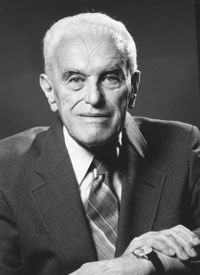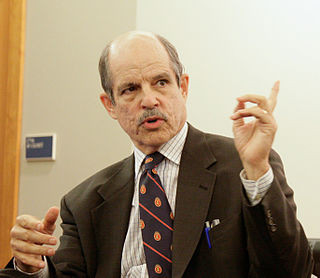A Quote by Heather Mac Donald
In the 1970s colleges were under the reign of a very odd form of literary theory called deconstruction or post-structuralism.
Quote Topics
Related Quotes
All sentences of the type 'deconstruction is X' or 'deconstruction is not X', a priori miss the point, which is to say that they are at least false. As you know, one of the principal things at stake in what is called in my texts 'deconstruction', is precisely the delimiting of ontology and above all of the third-person present indicative: S is P.
There is the theory that all the living forms in the world have arisen from a single source which itself came from an inorganic form. This theory can be called the 'general theory of evolution,' and the evidence which supports this is not sufficiently strong to allow us to consider it as anything more than a working hypothesis.
Most of my formal choices are a combination of everything I learned about form - semiotics, linguistics, and the history of style experimentations tethered to literary movements (formalism, deconstruction, modernism, and postmodernism), and the basic principal of breaking every rule I ever learned from a patriarchal writing tradition that never included my body or experience, and thus has nothing to offer me in terms of representation.
There's no such thing as post-feminism. It's like saying post-democracy, excuse me, what does that mean? We're nowhere near equality, so the very idea of post-feminism is ridiculous. The same people who 30-40 years ago said the women's movement is not necessary, 'it's going against nature, my wife is not interested' [are] the same people now saying 'well it used to be necessary but not anymore.' The very invention of the word post-feminism is the current form of resistance.
If I were advising President Obama, since he's the one running, I would have made his campaign very simple. I promise that in four years, I will get more Americans, as many as I possibly can, the opportunity and access to some form of post-secondary education. I want more of them to graduate high school with the skill-set of post-secondary education and I want more of them to be able to obtain that post-secondary education. This is the only way we are going to close the income gap.




































